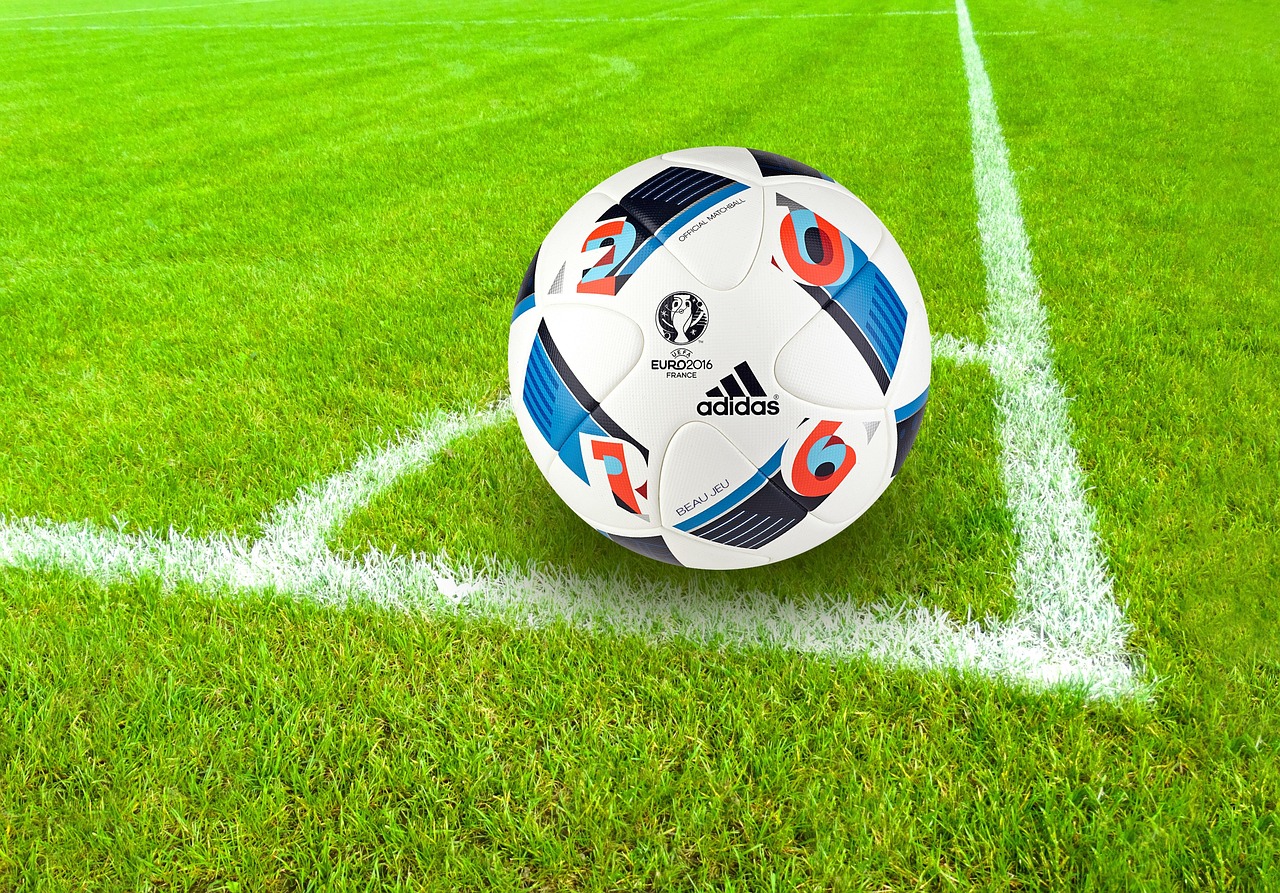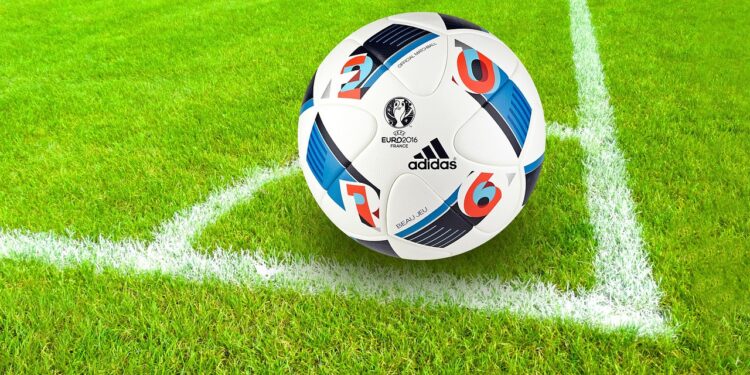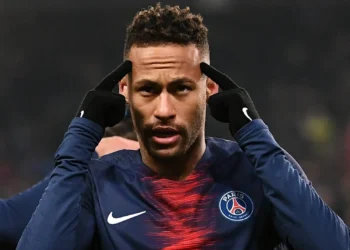Villarreal vs Barcelona’s game in Miami and AC Milan vs Como’s game in Perth led by UEFA is a decision that has caused shock to the fans, who think that such an option could cause ‘long-lasting harm’ to European football.
Despite the fact that UEFA president Aleksander Čeferin characterizes this choice as ‘exceptional,’ and ‘will not set a precedent,’ the latter with serious implications about the future of local football is in effect.

The body governing said that it had ‘reluctantly approved’ the plans only because, according to FIFA’s regulatory framework, there was no legal ground to reject them, but even that excuse had only a limited effect on the mood of dissatisfaction.
On the one hand, for fans, it is not just a question of logistics. Those who have a loyalty to the clubs and go to the matches week after week, for them, it means they are taken away from them if the games are transferred abroad. They risk turning the clubs that are entwined in the life of the communities into global entertainment products.
The Football Supporters Europe (FSE) group has reacted negatively to this development and characterizes it as a change that “goes against football’s nature and football’s long-lasting existence.”
There is also an aspect of competitive fairness: it is one of the home games where the home advantage, a very important feature of the integrity of any competition, is used that neutral venues take away. Clubs that fly across time zones might have to deal with fatigue or disruption, which in turn will break the fair play spirit.
More of a worrying issue about this move is the very precedent it may be setting. Even with UEFA’s promises, the lure of money could make other leagues want to do the same. The growing global markets and the lucrative broadcasting of football are the main reasons why football is not a balance between tradition and commercial ambition anymore, but rather a battle.
By chasing globalization too much, the European leagues are in danger of losing the very things that made them impressive. Football is strongest when it is closest to its roots — and once those have been damaged, they might never come back.

















